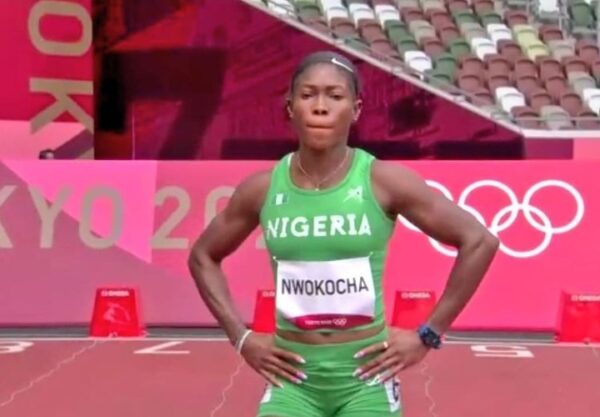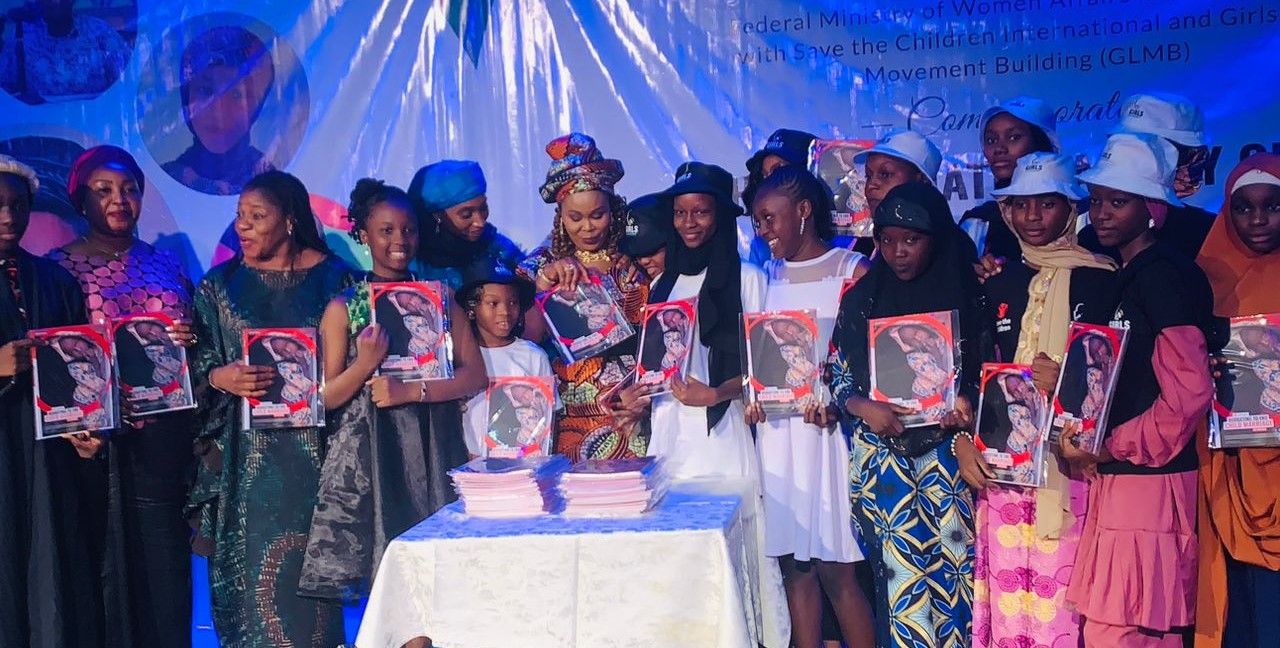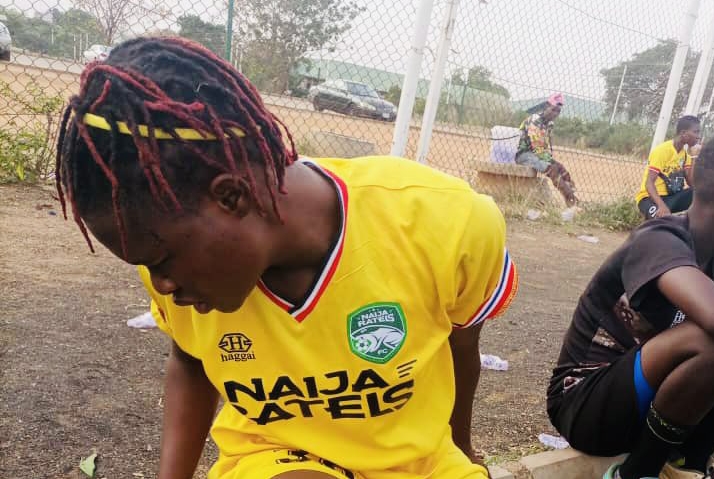The Athletics Integrity Unit (AIU) has been handed Grace Nwokocha, Nigerian sprinter, a three-year ban for using prohibited substances.
The anti-doping body announced the sanction in a post on its official X account on Friday.
In the document released by AIU, Nwokocha admitted to violating World Athletics (WA) anti-doping rules. She also accepted the penalty for the breach.
“The AIU, the Athlete and the World Anti-Doping Agency (“the Parties”) subsequently entered into a Case Resolution Agreement in accordance with Rule 10.8.2 ADR pursuant to which: the Athlete acknowledges that she has been found to have committed ADRVs under Rule 2.1 and Rule 2.2 of the CGF ADR (and the ADR) by virtue of the CGF Decision, which is final and binding upon her; the Athlete agrees to be sanctioned with a period of Ineligibility of three (3) years,” the document reads.
Advertisement
The athlete had been provisionally suspended in September 2022 after she failed a doping test conducted on her during this year’s Commonwealth Games (CWG) in Birmingham.
Ostarine and Lingadrol were found in her sample A urine collected on August 3, 2022.
Nwokocha was a member of the quartet that won gold for Nigeria in the 4×100 meters race during the 2022 CWG.
Advertisement
In July, the Commonwealth Games Federation (CGF) stripped Nigeria of the gold medal over Nwokocha’s doping case, which nullified all the results involving her at the competition.
The ban takes retroactive effect from August 3, 2022, until August 2, 2025.
Nwokocha joins the list of Nigerian sprinters currently serving bans for anti-doping violations.
In 2022, Blessing Okagbare was handed an 11-year ban following an investigation by AIU after she failed an out-of-competition doping test.
Advertisement
Earlier this month, Divine Oduduru was given a six-year ban after he was identified as an accomplice in Okagbare’s case.






